It’s at this point in the trip that everything starts to hit home a little differently. We’re at the halfway point – we’ve been here for three weeks, and there’s no way we can go back to the people we were at the start, but we still have three weeks to go. Everything starts to lose the shiny new glimmer it has when you first arrive in a new place. Don’t get me wrong, every day, I find a new thing to marvel at, a new thing to experience, but at the same time, I have established a new normal. I know the train schedule, I know which stall stands on which corner, I know which sellers to avoid, and which will give you a good price. As I have settled into this routine, I have noticed things that have made me step back and consider my privilege as a Kiwi in India.
The thing I’ve noticed with India is that they do rich very very well – rich in culture, heritage, attractions, food, service. But they do poor just as easily. Poor air quality, poor health, poor cleanliness, and even poorer people. The disparity between the two is shocking.
Take the Taj Mahal. It is a magnificent structure with so much history and a well established business around tickets and photography that we had the privilige to visit. The white marble glows in the sunlight, and the building is massive and well-cared for. And yet outside the immaculately kept grounds, pollution is everywhere, slums down the next street and people begging for food and money.
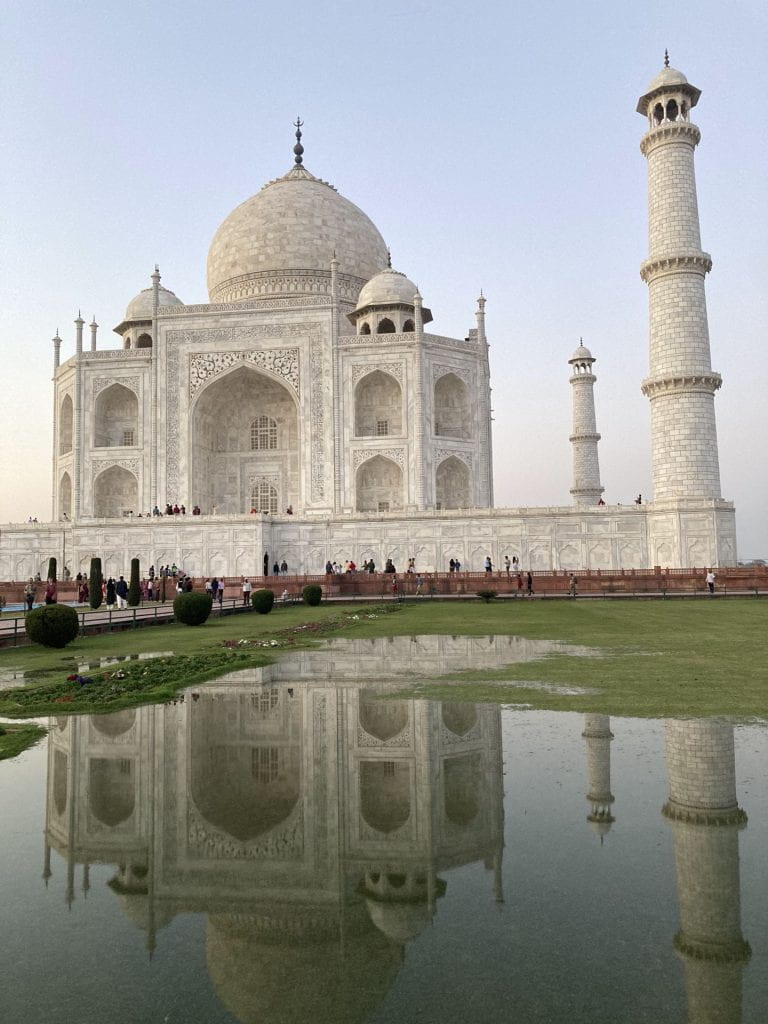
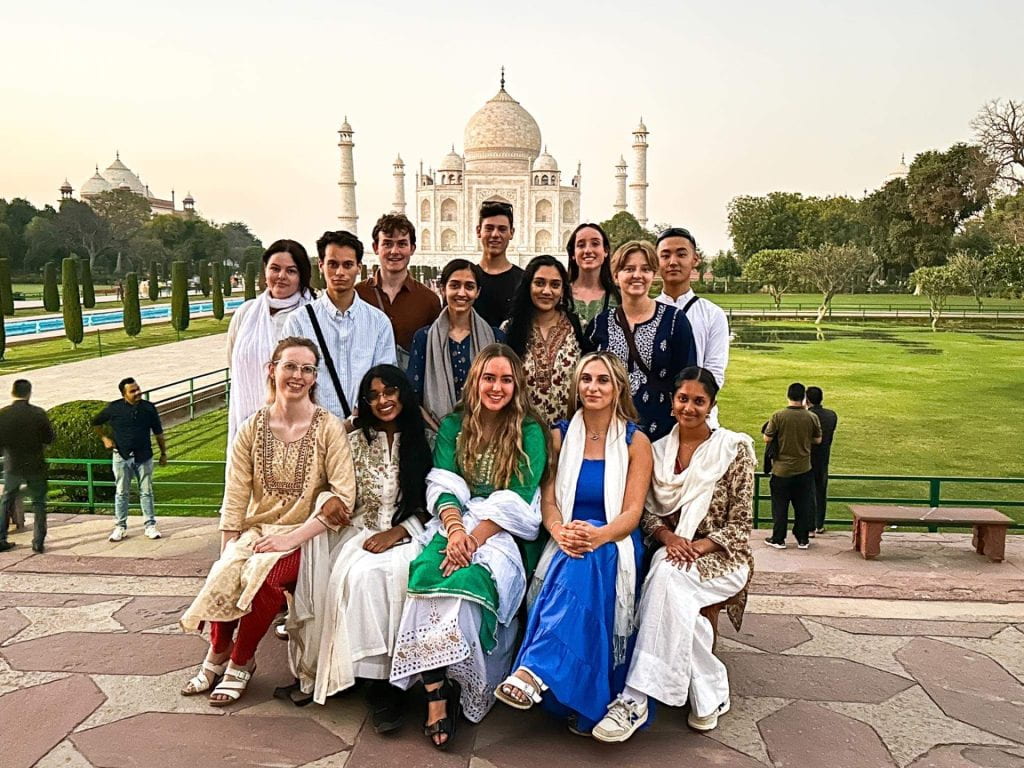
There is rubbish everywhere – lining the streets, piled next to the train tracks, contaminating the water. The air is thick with dust and pollution, and people are constantly smoking and spitting tobacco onto the streets. Walking along the road, I am struck by the contrast between the beautiful buildings that rise above the crowds and the people sleeping on the footpath, dusty and sickly thin. One of the other interns, Tash, told me that a lot of people she sees at work (Doctors for You) lack calcium and natural vitamins. The food here is not safe to consume unless cooked thoroughly because of all the pollution and lack of access to proper refrigeration. Electricity is reliable only in the richer parts, as well as running water. Weaving between the maze of houses on my way to work, people are washing in buckets, and power lines are haphazardly strung together. There are things I take for granted back home that people here can only imagine – drinking water straight from the tap, constant electricity, fresh food, housing, greenery, and even good education.
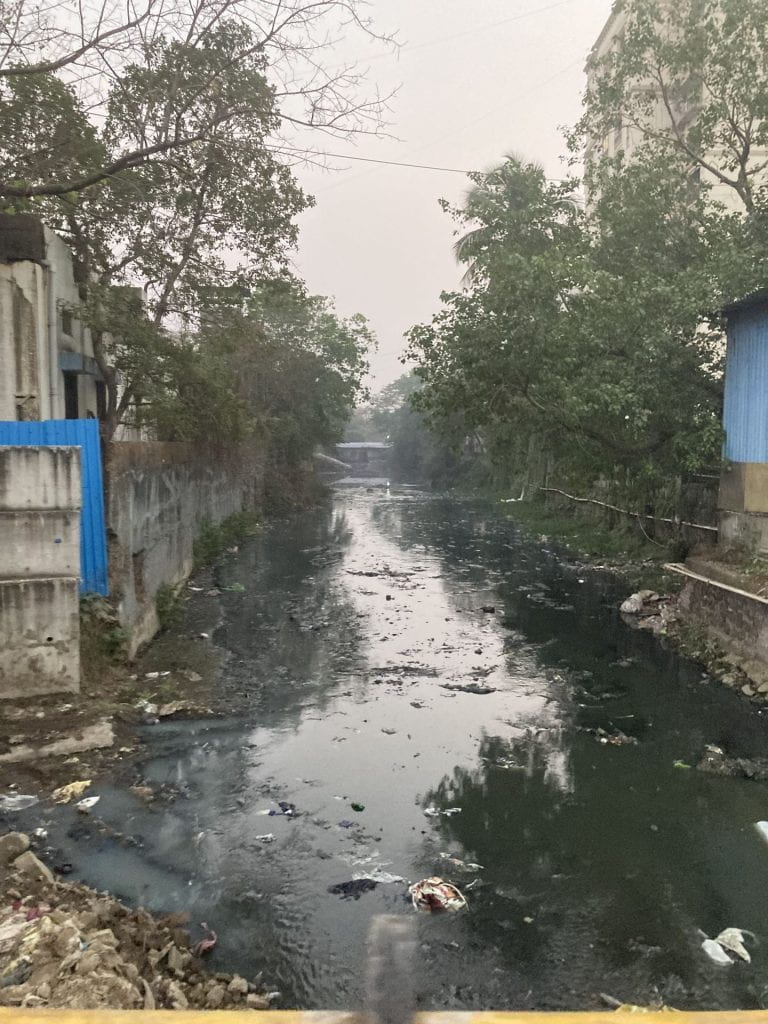
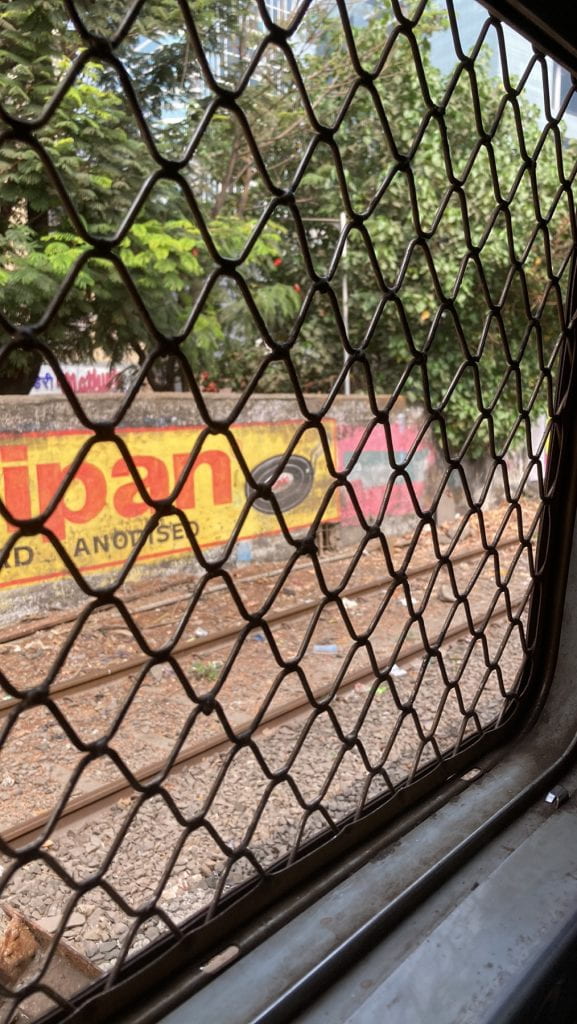
The work culture here is incredibly different. Everyone has a specific job, and this is necessary because there are so many people. But where Kiwis tend to see work that needs doing and do it, here, people will only do their job – after all, that’s all that they are paid for. It took a while to adjust to the people around me sitting on Instagram for hours every day, but now it makes sense. More jobs equal more work, and so every function is broken down into its barest form to accommodate this. What a privilege it is in New Zealand to work, to get paid a decent wage, and to have work that fills the day.
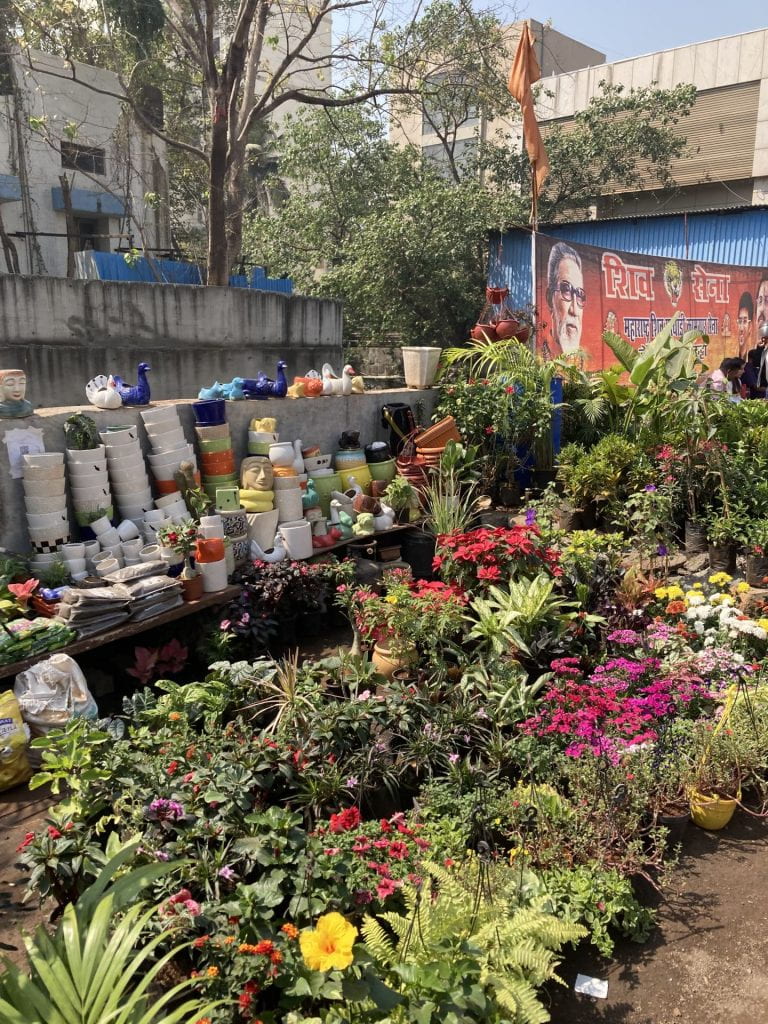
And yet, if you talk to these people, these people who have so much less than you and I, they are happy, living with their lot, and so so generous with what little they do have. Kids play happily on the pathways, people meet and play cricket, and coworkers make sure I’m fed and looked after on my evening commute. While, as Kiwis, we think of ourselves as nice people, we pale in comparison to the love that colours these people’s outlook, and we could stand to learn a thing or two.
This week, my privilege has been obvious to me. I have nice clothes, I have a little money, I have a roof over my head, and fresh food and water. What I saw as a right (and some of them are basic rights), these people see as a privilege. And I am so lucky that my privilege has afforded me an opportunity that many of these people could only dream of.
Take care,
Joelle
